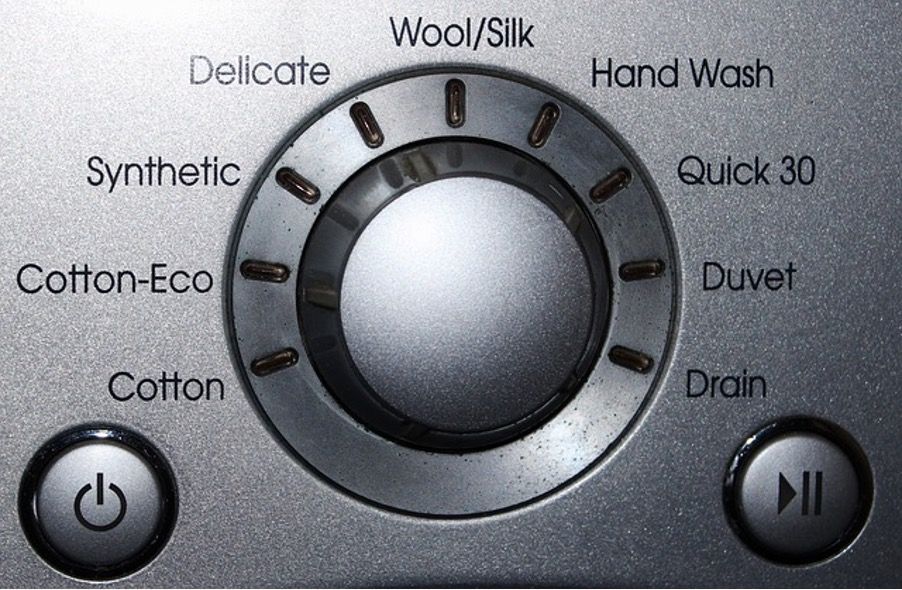How much?
Accountants don’t charge enough (usually!)
When I look at the average fees per client in a ‘typical’ accounting firm then, all too often, two things become painfully obvious:
1. We don’t charge enough for the services that we already offer
2. We leave far too much money on the table when it comes to the services that we could/should offer but don’t.
It’s very easy to get sucked in by the social media hype but the reality for smaller firms is an average annual fee per client (even excluding ‘tax return only’ clients) of less than £3,000 ex vat, considerably less in many cases.

Accountants don’t charge enough (usually!)
When I look at the average fees per client in a ‘typical’ accounting firm then, all too often, two things become painfully obvious:
1. We don’t charge enough for the services that we already offer
2. We leave far too much money on the table when it comes to the services that we could/should offer but don’t.
It’s very easy to get sucked in by the social media hype but the reality for smaller firms is an average annual fee per client (even excluding ‘tax return only’ clients) of less than £3,000 ex vat, considerably less in many cases.
How much this figure means to you will, of course, depend on the type of firm you are and your target market. For online and physical firms focused on the compliance needs of small businesses and taxpayers, that isn’t really a benchmark but, if you are a firm seeking to work with SME business owners and looking to offer a CompliancePLUS service then it becomes relevant.
Take the basic needs of a small SME limited company for example:
· Accounts compliance
· Personal and business tax compliance
· Payroll
· VAT and bookkeeping
· Company secretarial
· Advice on typical financial issues
· Advice on the issues of being an employer
· Help with the bigger and more urgent challenges
· A degree of tax planning
There is nothing special here and no areas that we might consider to be ‘advisory’ or value added, just a typical client’s needs over a typical year.
Even for a fairly small client, there is comfortably £3,000 plus of annual fees and value there and yet we struggle to achieve that sort of average fee across the client base as a whole.
Of course, I am generalising here and you’ll easily be able to find exceptions but, if you are worried about your average annual fees then you’ll relate to my point.
Why don’t we get as much money from our clients as other professional advisors, such as lawyers, IFAs, banks and a whole range of other consultant/advisors do?
There are many reasons and you will recognise those that apply to you:
· We may lack the confidence to charge what we should: a factor of our training, environment, experience and much of what follows below
· We may fail to demonstrate our true value: we often don’t value our own work so how are others supposed to
· We maybe don’t deliver a great job: in too many cases we may deliver a reactive, low-key service that doesn’t address the major client issues
· We may fail to agree fees in advance: the absence of clear pricing creates a reluctance to then charge more than we think the client expects
· We may fail to clarify the scope of our work: the absence of a clear work schedule invites over-servicing
· We maybe don’t believe in our own worth: the number of accountants who tell me that there is little value in compliance is quite scary!
· We maybe are weak commercially: do we really walk the walk and follow the advice that we give clients?
· We may lack consistency and transparency in our pricing: do you have two clients with similar businesses but very different fee structures who you don’t want to meet each other?
· We maybe allow the client to be in charge of the relationship: we are the professionals and should be driving the relationship and yet, too often, there is a master-servant profile to it, dictated by the wishes and behaviour of the client
· We maybe don’t actively upsell for the client’s good: We use the excuse of being too busy, or the client not being interested, but we are aware (or should be aware) of a greater range of client needs than we actively drive to address
· We may think that ‘sales’ is an unprofessional word: Still, in 2024! Being professional and being commercial are not mutually exclusive. Quite the opposite!
· We may fear being undercut by the competition: Competition has always existed in our market but no two accountants are the same. Do we highlight this enough?
· We maybe don’t focus the client on their real needs: Again, we may use the excuse of being too busy to avoid doing enough to change the behaviour and thinking of clients
· We maybe don’t educate our team in the true value of our work: Achieving CPD hours should not be the only training goal. Training our teams to see and deliver true value is key to individual and firm performance
· We may not maximise the value of our professional networks: We may see our contacts as just introducers when there are many collaboration opportunities out there
· We may continue to work with the wrong clients: So many of the above points are addressed once we start to focus our firms on the right clients
Back in the 1980’s, the performance model for an accounting firm was built around a simple three way split of fee income:
1. A third to cover staff costs
2. A third to cover overheads
3. A third left in profit for the partners
Since those times, systemisation and technology has driven down both the number of people required to work in an accounting office and the length of time that tasks take to complete. You would expect that profit share to therefore be significantly higher these days, say 40% plus?
We saw it fall during the 1990s and 2000’s as employee salaries soared, typically to around 28%, but digitalisation should have balanced that out by now. The bottom line, quite literally, is that:-
· We don’t charge enough!
· We don’t earn enough!
All of the points I make above can be fixed but it does become a race to the bottom if the desire isn’t there to fix them.
As a profession, and as individual firm owners, it’s our call and in our hands.



Still need more information?

Progress BB. All rights reserved. Website Design & Build by Kangaroo UK.